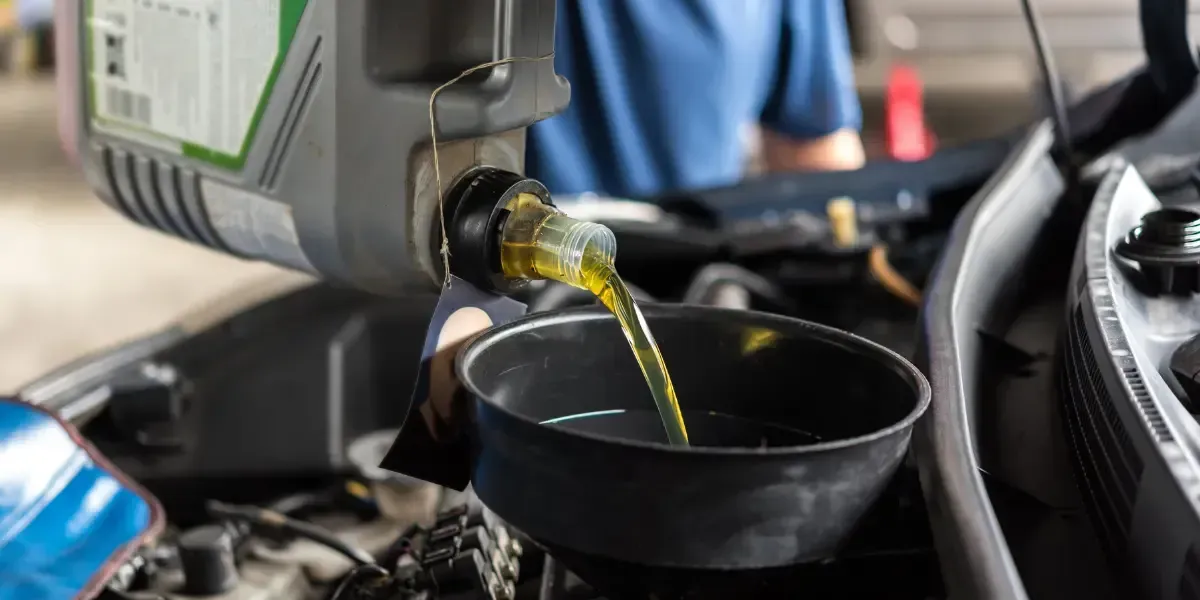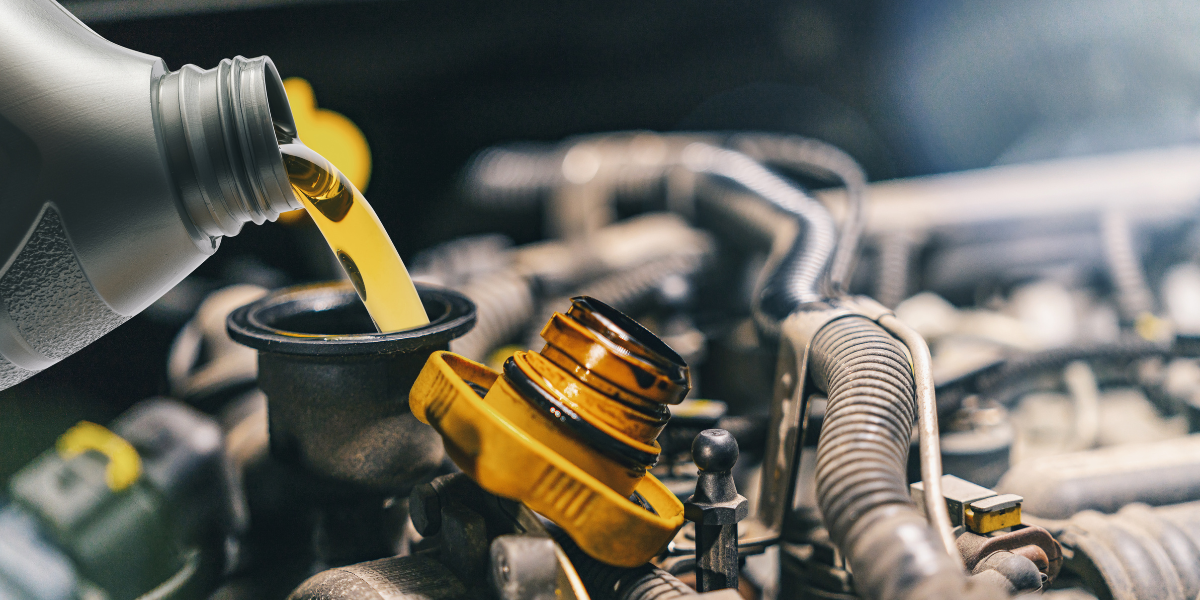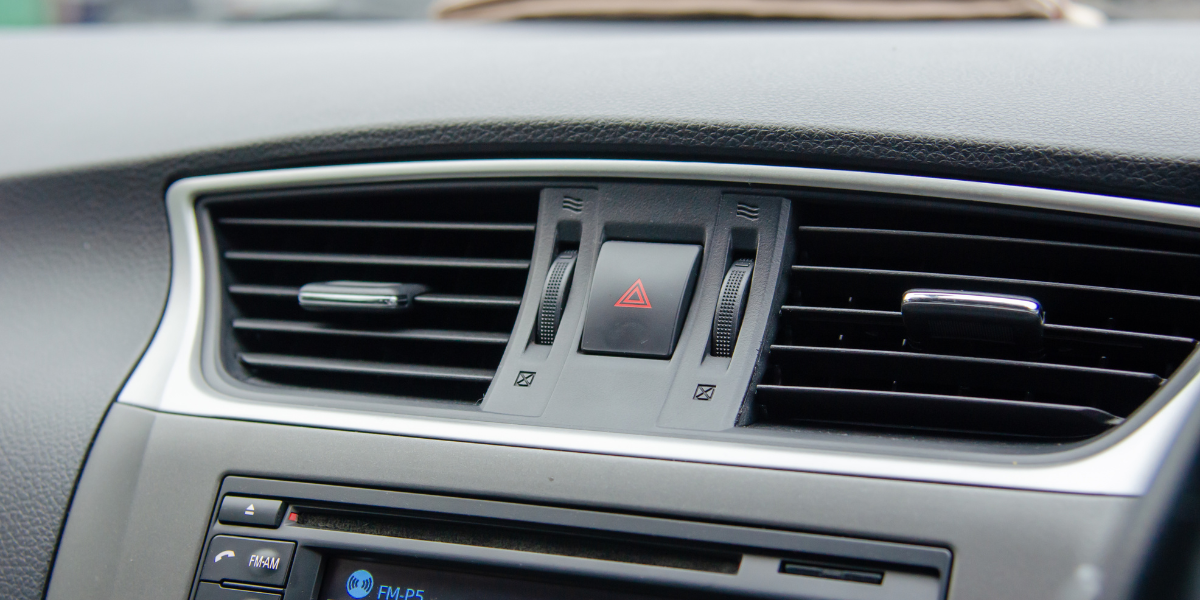How to Keep Your Transmission Running Smoothly
Keeping your car’s system in good shape is important. It helps you have a smooth ride, saves fuel, and makes your vehicle last longer.
Taking care of your system helps you stay away from expensive repairs and keeps your car reliable.
Here is a guide on
how to take care of your transmission. It has helpful tips, signs that something may be wrong, and when to see a professional like Kevin’s Auto Care.
Key Takeaways
- Regular transmission maintenance, including fluid checks and replacements, prevents costly repairs and ensures smooth vehicle performance.
- Watch for early signs of trouble, like unusual noises or slipping gears, to address issues before they worsen.
- Safe driving habits, such as gradual acceleration and stopping, help reduce stress on the transmission.
- Extreme weather conditions can affect fluid performance, so seasonal checks are essential.
- Trust Kevin's Auto Care for expert transmission services backed by a 12-month or 12,000-mile warranty.
Understanding Your Transmission
Before we share tips to keep your transmission working well, let’s understand what it does and the types you may encounter. A transmission connects the engine to the wheels. It changes gears and helps send power smoothly when you go faster or slower.
Types of Transmissions
- Automatic Transmission: This type is commonly seen in new cars. It changes gears on its own based on your speed and the road. It is easy to use, but you need to check the fluid often.
- Manual Transmission: Also known as "stick shift," this type needs the driver to change gears by hand. It gives a more connected feel while driving. It can be cheaper to take care of, but you need practice to get good at it.
- Continuously Variable Transmission (CVT): This type is found in newer cars and offers a smoother ride. It uses a belt and pulley system for smooth gear changes, which can help save gas.
Each type of system needs something different. When you know what your system needs, you can take better care of it.
Why Transmission Health Is Essential
Your transmission is important for how well your car runs. A good one can help your car last longer, use less fuel, and make each drive smooth. Here are some reasons why it’s important to care for your transmission:
- Prevents Costly Repairs: Fixing or replacing a transmission can cost a lot. Regular check-ups help reduce this risk.
- Improves Vehicle Performance: A working transmission helps your car run nicely. It changes gears smoothly and maintains power.
Boosts Fuel Economy: A smooth transmission puts less stress on the engine. This helps you save on gas, which can save you cash over time.
Signs of Transmission Trouble
Noticing early signs of transmission problems can help you stay away from costly repairs. Here are some common signs to look for:
- Unusual Noises: If you hear odd sounds like grinding, clunking, or whining while driving, your transmission fluid might be low or dirty. It could also mean there is some damage inside.
- Slipping Gears: If your car suddenly slips out of gear or shifts randomly, your transmission might be worn out, or the fluid levels could be low.
- Delayed Response: If your car takes time to change gears, especially when you speed up, it may mean your transmission is having trouble giving power properly.
If you see any of these signs, you should take your vehicle for a check-up. This can help keep the problem from getting worse.
The Basics of Transmission Maintenance
Keeping your transmission in good shape can be simple. Here are some important tips to help it run smoothly:
- Regular Fluid Checks: The fluid in your system is very important. It keeps the parts cool and moving well. Checking the fluid levels is an easy way to stop problems from happening.
- Fluid Replacement: Over time, the fluid can break down and not work as it should. Replacing it when needed helps the parts inside run smoothly.
How to Check Your Transmission Fluid
Checking your transmission fluid is simple. You can do it at home using a few tools. Here’s how to make sure your fluid level is good and not low. Also, check that it is in the right condition:
- Warm Up the Engine: Start your car and let it run for a few minutes. This helps to warm the liquid in the car, making it work better.
- Locate the Transmission Dipstick: It is usually at the back of the engine. Some newer cars may need a mechanic to help find it.
- Pull the Dipstick and Clean It: Take it out and wipe it with a clean cloth before putting it back in.
- Check Fluid Level and Condition: Take the dipstick out again and look at the liquid. It should be red and feel smooth. If it looks dark or rough, it is time to change it.
Regular checks help you find problems early. This means looking for low fluid levels and seeing any changes in color.
How Often Should You Change Transmission Fluid?
Changing the fluid in your car is important for it to run well. Most car brands recommend changing it every 30,000 to 60,000 miles. However, you might need to change it more often depending on how you drive. Here are some factors that can affect how often you should change the fluid:
- Driving Conditions: Heavy traffic or towing can put a strain on the system. This often requires more changes.
- Vehicle Age: Older cars may need fluid checks and changes more frequently.
Weather Conditions: Hot weather can cause the fluid to break down fast. Cold weather can make it thicker.
Prevent Overheating
Overheating is a major reason for transmission issues. You can stop it by following these simple tips:
- Keep Fluid Levels Up: Low fluids can make your engine hot. Check them often and add more if you need to.
- Avoid Towing Heavy Loads: Pulling heavy things puts more stress and heat on your vehicle.
- Drive Safely: Don’t speed up fast or brake hard because it makes heat.
Drinking enough water and having safe driving habits can help stop overheating.
Avoid Aggressive Driving Habits
Your driving habits can affect the health of your car. Quickstarts, sudden stops, and constant shifting can put stress on it. To help it last longer:
- Speed Up Slowly: A fast speedup needs quick gear changes. This can hurt the transmission.
- Give Time for Smooth Stops: A sudden stop can put stress on transmission parts.
- Warm Up in Cold Weather:
Let your vehicle warm up before you drive. This helps the fluid move well.
Keep Up With Regular Maintenance
Some car care can be done at home. But, it is still important to take your car to a professional for checks and tune-ups. A good mechanic can find problems early that you might not see. Regular check-ups also help your car meet any maker warranties. This way, you can keep your investment safe.
DIY Tips for Transmission Care
If you want to take better care of your car's parts between visits to the mechanic, here are some easy tips to follow:
- Drive Smoothly: Don't stop or start suddenly. This can harm the system.
- Watch for Leaks: It’s simple to see fluid leaks. Fix them as soon as you can.
- Park on Level Ground: Parking on a hill without the handbrake can stress your system more.
These simple steps help your car run well. They also lower the chances of expensive repairs.
What to Do When Transmission Issues Arise
If you notice any signs that your car has a problem, such as unusual sounds or gears that aren’t functioning properly, it’s important to act quickly. Ignoring these issues could lead to more significant problems and higher repair costs. For expert care, including a reliable transmission service, visit Kevin's Auto Care for a complete check-up to keep your car running smoothly.
How Can Kevin's Auto Care, Inc. Help You
When you need help with your car's system, you can trust Kevin's Auto Care. We provide full services to keep your system in good shape, including:
- Fluid Checks and Changes: Checking and changing fluids often keeps your car from overheating and helps it change gears smoothly.
- Transmission Diagnostics: Our team examines your car carefully to find and fix problems.
- Repair and Replacement: From quick repairs to complete replacements, we can handle all your needs.
Why You Should Choose Kevin's Auto Care
- 20 Years of Professional Experience: Our skilled team has worked on many car problems and offers dependable help.
- Customer-Centric Approach: At Kevin's Auto Care, we care about our customers and aim to provide clear and honest support.
- Repair Warranty: With our 12-month or 12,000-mile warranty, you get peace of mind and a promise of quality.
- Skilled, Passionate Technicians: Our technicians take care of every car and pay attention to all the details.
Conclusion
A good car system is important for it to run well and last long. Regular checks, fast fluid changes, and safe driving can help a lot. If you want your system to stay in great shape, go to Kevin's Auto Care for expert help.
Contact Kevin's Auto Care at
(760) 385-3629 today. Set up your car service and see how nice it is to work with skilled and friendly experts!
Frequently Asked Questions
How often should I check my transmission fluid?
Checking your transmission fluid each month is a good habit. Regular checks can help you spot leaks or issues with the fluid early.
Can I change the transmission fluid myself?
Yes, this is a careful job. Using the wrong fluid or making mistakes can harm your car's system. To get the best result, it is smart to let a professional take care of it.
What causes transmission fluid to turn dark?
Dark fluid usually means there is dirt or heat issues. When the fluid burns or mixes with small bits, it changes color and feel. This can hurt your system.
How does the weather impact my transmission?
Extreme heat can make transmission fluid thin. Cold weather can make it thick. These changes affect how the fluid flows. So, check the fluid levels and its condition, especially when the seasons change.
What is the value of the repair warranty from Kevin's Auto Care?
Our warranty lasts for 12 months or 12,000 miles. This helps you feel safe. It shows that we care about offering you good support and keeping our customers happy.
CALL US ANYTIME
VISIT OUR LOCATION
1330 N Melrose Drive Suite C
Vista, CA 92083
Business Hours
- Mon - Fri
- -
- Saturday
- Appointment Only
- Sunday
- Closed

SIGN UP
Sign up to get our new deals!!!
(Up To 30% OFF)
Sign up
We will get back to you as soon as possible.
Please try again later.
All Rights Reserved | Kevin’s Auto Care




